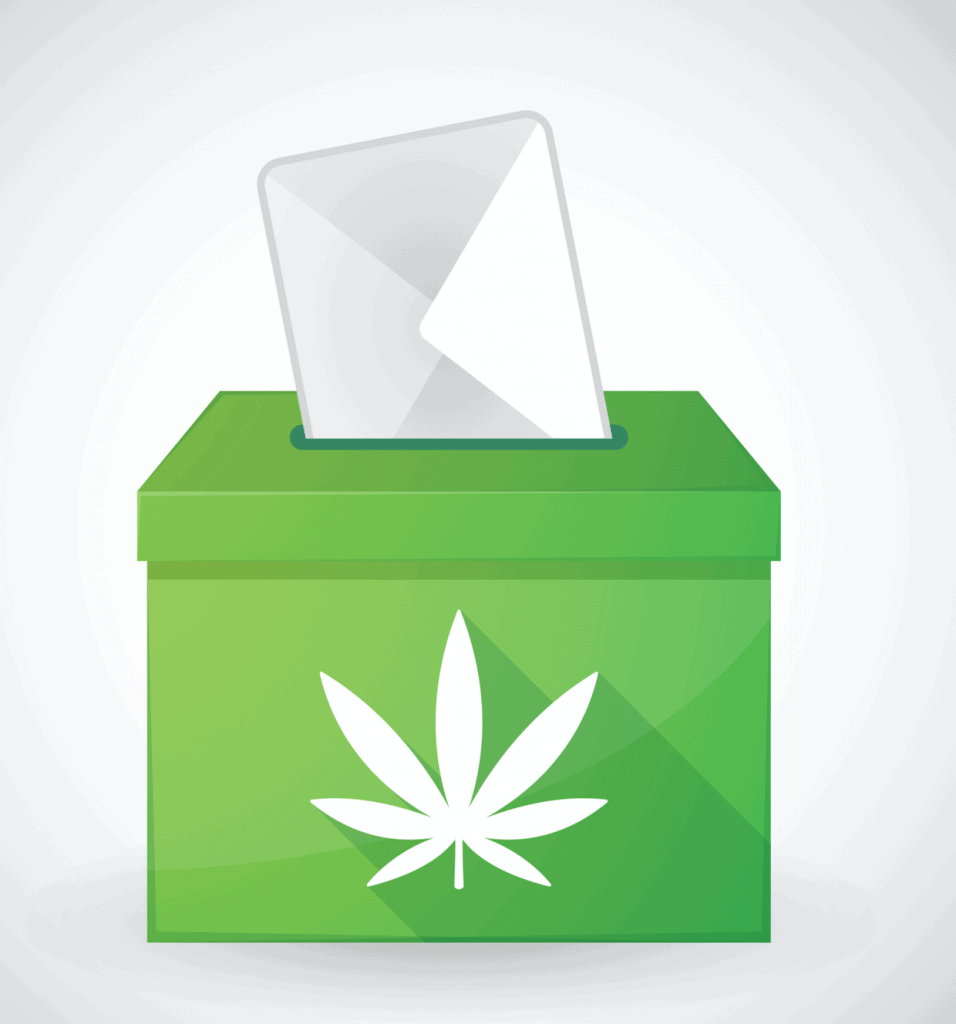After voting in 2016 to legalize the sale of recreational marijuana to adults 21 years or older, Maine officially began selling in October! Although there has been a reported $1.4M in sales during the first month, many people are being left out of obtaining their medicine by purchasing recreationally. If you are buying cannabis from a dispensary and using it to treat a medical condition such as pain, anxiety, or insomnia, it is much more beneficial to purchase marijuana with a medical card in hand.
Why? A few reasons; price, access, medical support, and limitations – to name a few.
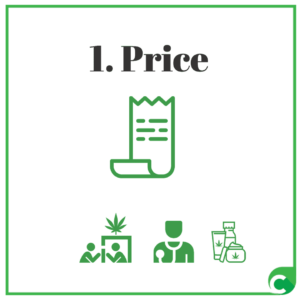
Medical cannabis prices are lower than recreational prices, and taxation is the name of the game. Maine recreational cannabis sales are subject to a 10% sales tax for products sold. Meaning your $100 purchase could be over $110. A Maine medical card is only $75 which will allow you to circumvent that extra cost!
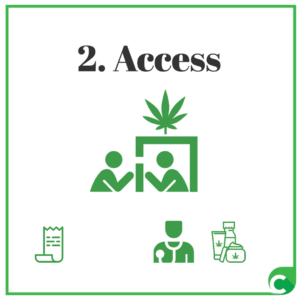
Maine’s medical program still has the most accessible dispensaries in the state. With the 8 licensed dispensaries and 200 stores run by medical marijuana caregivers, you now have more options than ever to choose where your medicine comes from. While this may seem like a high number, many of these stores are for medical patients only. Recreational sales within an existing medical shop exist, but most of the stock must be reserved for those who use cannabis as a medication. Additionally, individuals over the age of 18 can be medical cannabis patients but must be 21+ to purchase recreationally.
Have you seen the lines outside the recreational dispensaries? Well, wait no more! Medical patients have their own lines to get into and purchase their medicine and are typically MUCH shorter than adults using cannabis recreationally!
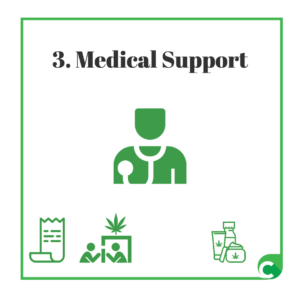
When you use any medication, your doctor is aware and is able to coordinate your care accordingly. Medical cannabis is no different. Our practitioners and team of medical assistants are here to help guide you on your cannabis journey to better health. All marijuana is different and finding the medication and ingestion methods (smoking, topicals, edibles…) is right for you and your condition. Using the resources available to you at Canna Care Docs will help you feel better!

In Maine, the possession limit for flower for medical and recreational users are the same, at 2.5oz but regarding concentrates (edibles, tinctures, vape cartridges etc.) adult users can only possess 5 grams, while medical patients can have up to 2.5oz. If you are someone who uses oils, topicals, or edibles you will be unable to purchase more than 5 grams worth of product, so plan accordingly.
Patients can grow cannabis, legally allowing possession of:
Adult Users can grow and possess as well, just with a smaller amount:
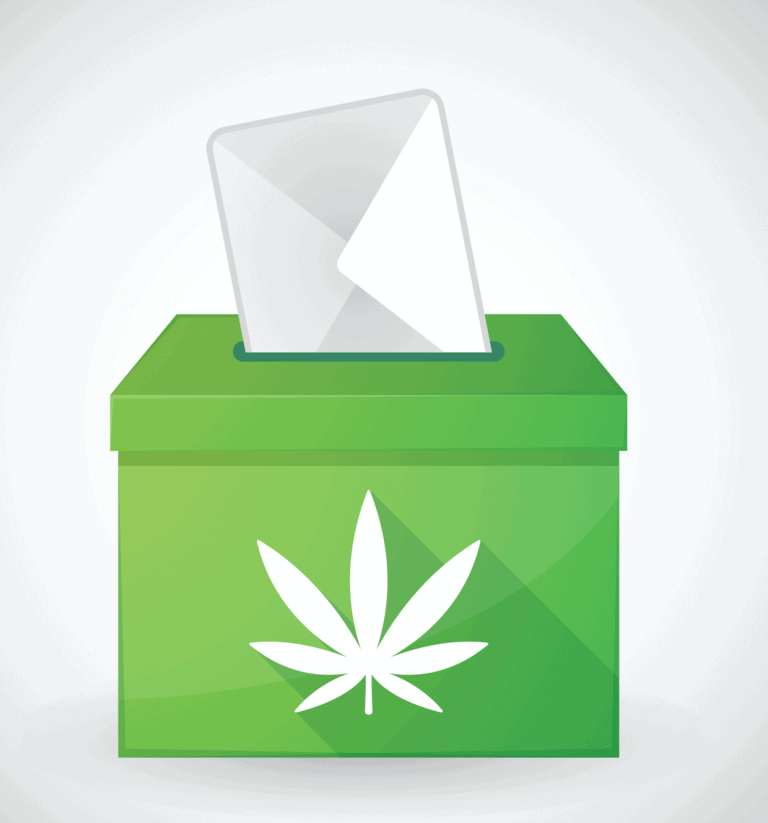
Ready to run out and buy some bud? Hold on one second…it’s not ready yet! An overwhelming response of 67% of voters agreed to pass marijuana legalization. So, what’s next? Legislatures at the state level now have the task of writing and negotiating the regulations that will govern the new market. Between the assembly committees, Senate, and House of Representatives they must agree on one set of laws. As of November, 24th 2020 there are two separate bills that must be reconciled and approved to move forward. Senate bill S21, and Assembly Bill A21 are very similar but there are disagreements on the way tax revenue is allocated and the number of licenses issued for new producers. Other important things that must be considered include home grow, workplace drug testing, decriminalization, limits on possession, and more. There is still work to be done!
Furthermore, Governor Phil Murphy has indicated that although he hopes it will take less time, widespread recreational marijuana sales will not take place for at least a year. New Jersey currently has a robust medical program with over 95,000 patients enrolled, but it faces daily challenges that need to be overcome before recreational cannabis takes effect. One of the major issues facing medical cannabis patients today are availability and accessibility.. Having only 13 cultivators in the state means that even without recreational users (and out of state adults) flooding the market, patients already have a difficult time accessing their medicine. It’s documented that some dispensaries regularly run out of product to sell with the current medical demand. Increasing the number of cultivators to grow more cannabis will be essential to operate at the level citizens will be expecting and be beneficial to medical patients as well. But crop cultivation and required operational procedures take time.
Jeff Brown, the New Jersey’s Department of Health’s head of the Marijuana Program has said that “I could say unequivocally that opening up sales even a few months after the election would be a disaster and would really hurt access for patients who need this as medicine. My number one priority is to ensure that the patients have access — that’s going to be our priority first and foremost.”
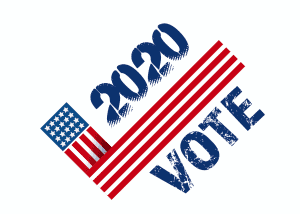
New Jersey residents can look at other states whose medical programs expanded to recreational users such as Massachusetts and Maine for a general idea of what is to come. Governor Murphy has indicated he wants this to happen within the year but for other states, it took a long time to initiate. Massachusetts started selling in 2018 after a 2016 “yes” vote and Maine only took effect this year after legalizing in ’16 as well!
Ideally, the transition will be smooth and rapid but medical patients should not let their certifications/cards lapse because of this. Medical cannabis users will always have priority over recreational users and will be benefitted in various ways. For example, in states with both medical and recreational cannabis use, patients have seen taxes are lower or nonexistent on their medication, which is already in motion in NJ as the current tax rate is at 4% and will be eliminated by 2022. Other benefits include higher purchase limits for medical users; the ability to grow more at home; shorter lines and access to superior products; and so on. Dispensaries who serve both medical and recreational patients in these states are also able to provide incentives and discounts to patients as well.
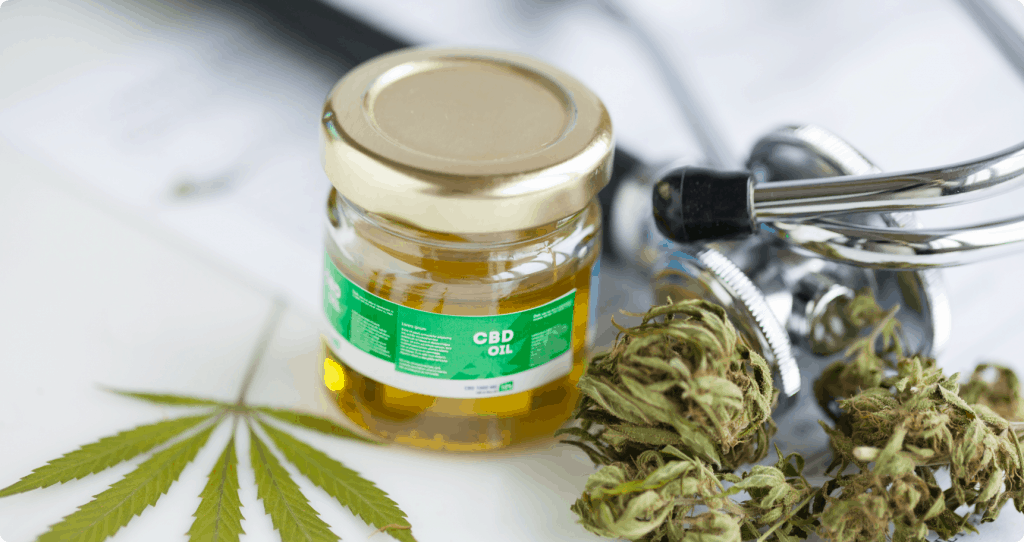
The New Jersey recreational cannabis program is a huge step forward towards acceptance of cannabis around the country but do not forget that if you are using cannabis for medical reasons, your card is your best bet in making sure you have access to your medications no matter what!
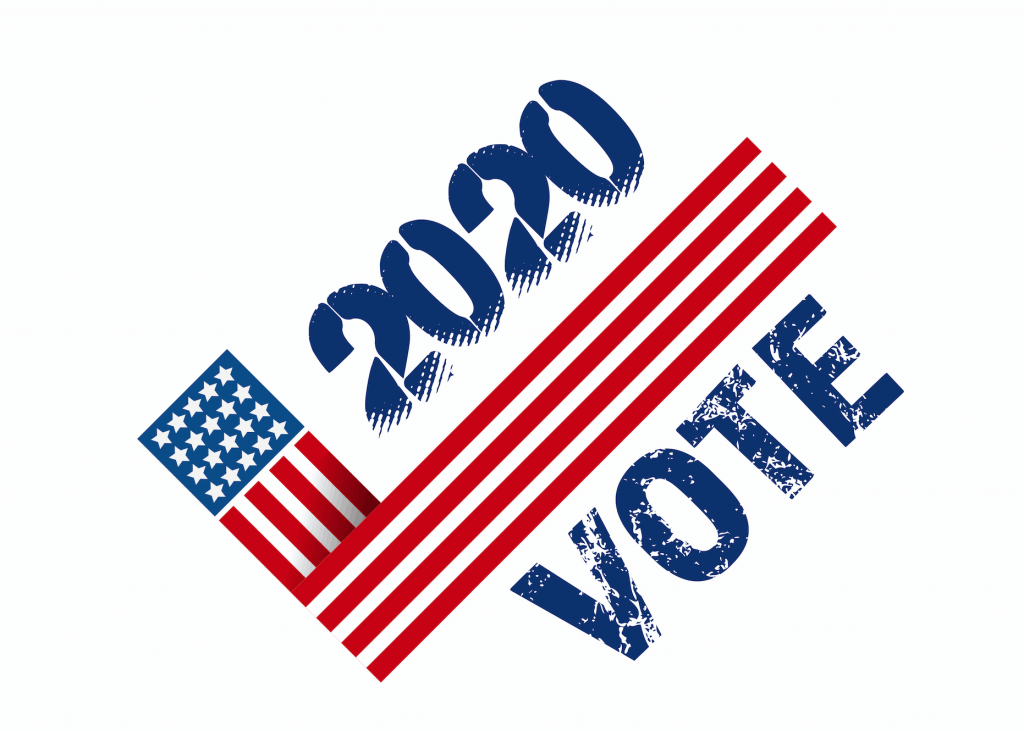
The 2020 election brought big wins for cannabis, with all of the five state ballot initiatives regarding legalization passing. Both adult-use (or recreational) and medicinal cannabis were legalized in South Dakota; Medicinal cannabis was approved in Mississippi; and adult-use initiatives passed in Arizona, Montana and New Jersey.
Across these states, in different parts of the US, the message was clear: people recognize the benefits of legalization and want access to cannabis in their communities. Implied by the results is another more subtle, but all the more significant message—that the stigma surrounding cannabis is fading as awareness of its effects and medicinal uses grows throughout the country. The following is a breakdown of the ballot initiatives and what their passage means for each state.
While medicinal cannabis was already legal in Arizona, voters in the recent election passed Proposition 207: The Smart and Safe Arizona Act to make adult-use cannabis—or recreational use for ages 21 and over—legal statewide.
Details:
Mississippi voters supported the less restrictive of two cannabis questions on the ballot. Initiative 65 (74%) passed over the Alternative 65A (32%)—the latter of which would have restricted medicinal cannabis to terminally ill patients. The passing initiative legalizes cannabis prescriptions for 22 medical conditions.
Qualifying conditions for a cannabis prescription:
It also allows for medical marijuana prescriptions for conditions “of the same kind or class” to the above, for which a physician believes the benefits of medical cannabis would outweigh any potential health risks.
With the passage of Montana I-90, voters legalized the sale and possession of cannabis for recreational purposes for adults 21 and older. Medicinal cannabis was already approved in Montana in 2004.
Details:
New Jersey legalized medicinal cannabis in 2010. Thanks to the passage of New Jersey Public Question 1, the state now permits the sale and possession of recreational cannabis for adults 21 and older.
Details:
Voters in South Dakota supported two separate ballot questions concerning cannabis legalization—one for medicinal use, and the other for adult-use by individuals 21 and over. Below are a few details on each of those programs.
Medicinal use:
Adult-use:
Regardless of whether recreational cannabis is legal in your state, there are many benefits of obtaining a medical marijuana card. For many states, these include lower costs and taxes for patients, higher potency limits and permission to grow your own cannabis if necessary. Medicinal cannabis is typically not restricted to adults 21 and older, allowing younger patients seeking treatment to obtain the prescriptions they need.
Regulations vary, so check your state laws relating to medical marijuana before you apply.
When you’re interested in taking the next step, set up a virtual or in-person meeting with one of our medical marijuana physicians.
We’ll walk you through the application process, go over the details of your state’s medical marijuana program and applicable laws, and provide you with information about medical cannabis, potential risks, and side effects.
Then a medical cannabis doctor will discuss your medical history with you, treatment options for your qualifying condition, and any questions you have.
